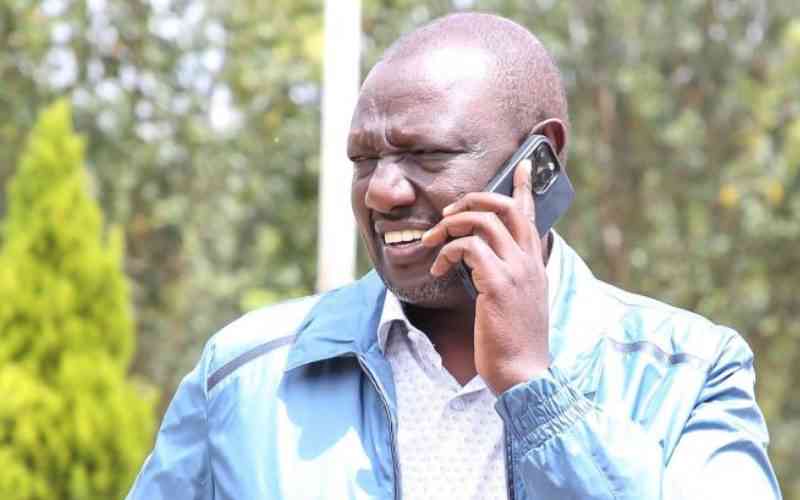
Deputy President, now President-elect, William Ruto's win in this year's Kenya's Presidential election is in many ways reminiscent of French President Emmanuel Macron's win in French presidential election of 2017, a revolution that baffled France and sent shock waves across Europe and the world. This year in April Macron again secured a decisive victory for his second five-year term.
Who is Emmanuel Macron? The second round of French presidential election took place on May 10, 2017, pitting Emmanuel Macron of En Marcel (EM) Party and Jean Marie Le Pen of National Front (FN) Party. Macron, defied all odds to beat Le Pen by a large margin and assumed office on May 14. Apart from sending shockwaves and a sigh of relief across Europe, he penned in the annals of history two amazing achievements, which are going to be extremely hard to replicate this century in France.